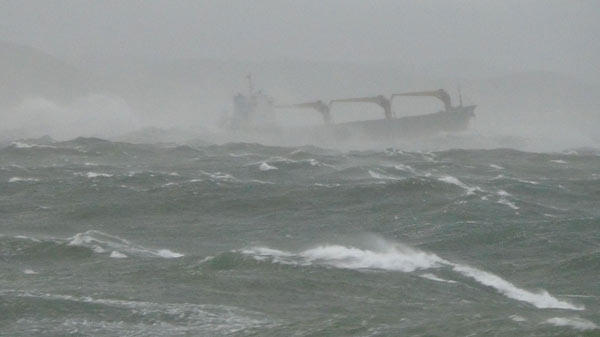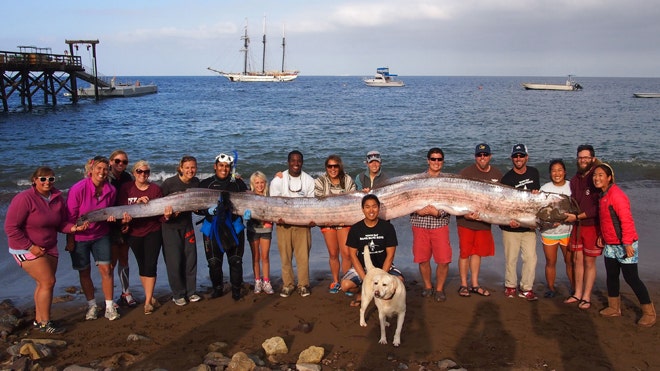We were allowed to jump off bridges into rivers (the nasty Saco), because it was the permissive post-1970s, and my favorite time, especially as I grew older, was singing at The Playhouse almost every night. Men who loom epic in my mind would strum Grateful Dead and all manner of Peter, Paul and Mary and Kingston Trio songs for an hour or so before we were paraded out to do taps and herded to cabins from which, as we grew older (and full of hormones), we would sneak out at night.
In that playhouse, we also learned a song, at age seven, "Got drunk last night, got drunk the night before, gunna get drunk tonight like I ne'er got drunk before..." Today, sadly, there would be editorials in the newspaper and social workers would be sent in to shut down the camp if such a song were taught and children were allowed to jump from bridges. We turned out all right--not perfect, but no more pot-smoking or hard-drinking or unhinged than the next guy or gal, I suspect.
There was another song, though, about the Titanic, which we sang that I must say was terrible. It was about the sinking of the great ship. "The Titanic" was made popular by Paul Newman and Brandon de Wilde acting in the 1963 film Hud. Our version ended with, "The moral of the story, as you can plainly see,/Is to wear a life-preserver when you go out to sea." (Before we called them PFDs, which would have fit better in the song.) It was to the tune of "Nearer Thy God to Thee" and was really a class warfare song in keeping with much of the rest of the American folk tradition that is the staple of my music chest still more than thirty years on.
This is all by way of introduction to the main topic of this post: Ships that sink. Deborah and I watched Bob Ballard, the undersea explorer who discovered the remains of the Titanic, in a gripping National Geographic special, called The Alien Deep. Last night, the episode called Ocean's Fury was full of tales of lost ships. Here is the official synopsis of the program:
Dr. Ballard thinks that rogue waves – and all waves – are getting larger and more frequent on the seas. In Ocean's Fury, Ballard travels the world in search of the forces behind the motion of the ocean, meeting with scientists and practitioners along the way. He talks to oceanographers, climatologists, river boat pilots, surfers, fishers, and more – all to prove a single point: the ocean is growing more dangerous by the day.The most stunning theory proposed for how sea water moves in its 1,000 year cycle around the planet was that fish and other sea creatures, like squirt-propelled jellyfish, create ripples that eventually compound into "rogue waves." It was unbelievable until I woke up and saw my friend Valerie's Facebook post of this fish:
This morning, the China Daily news clippings included a frightful picture of a Panama-registered, but Chinese ship sinking off the coast of South Korea. The title of the article: 1 Chinese dead, 18 missing as ship sinks off ROK.
 |
| The cargo ship CHENGLU15 is seen amid a storm in Yingri Harbor of Pohang in South Korea on Tuesday. [Photo/Xinhua] |


No comments:
Post a Comment
You are encouraged to leave your two cents.